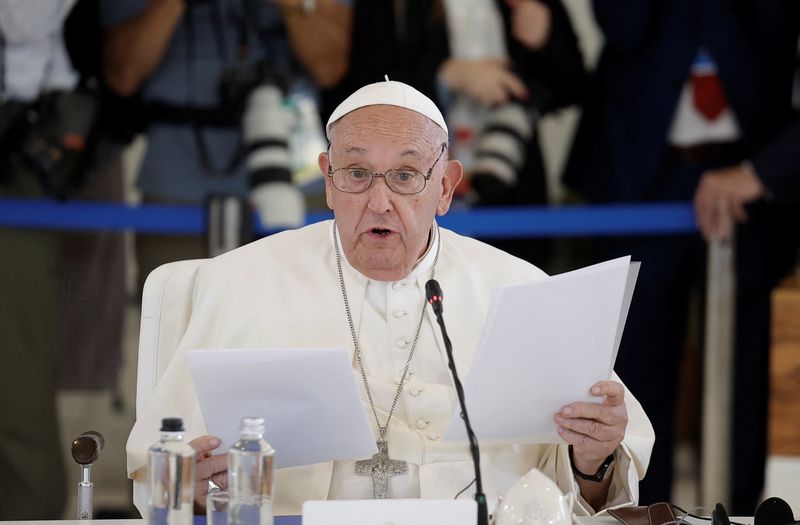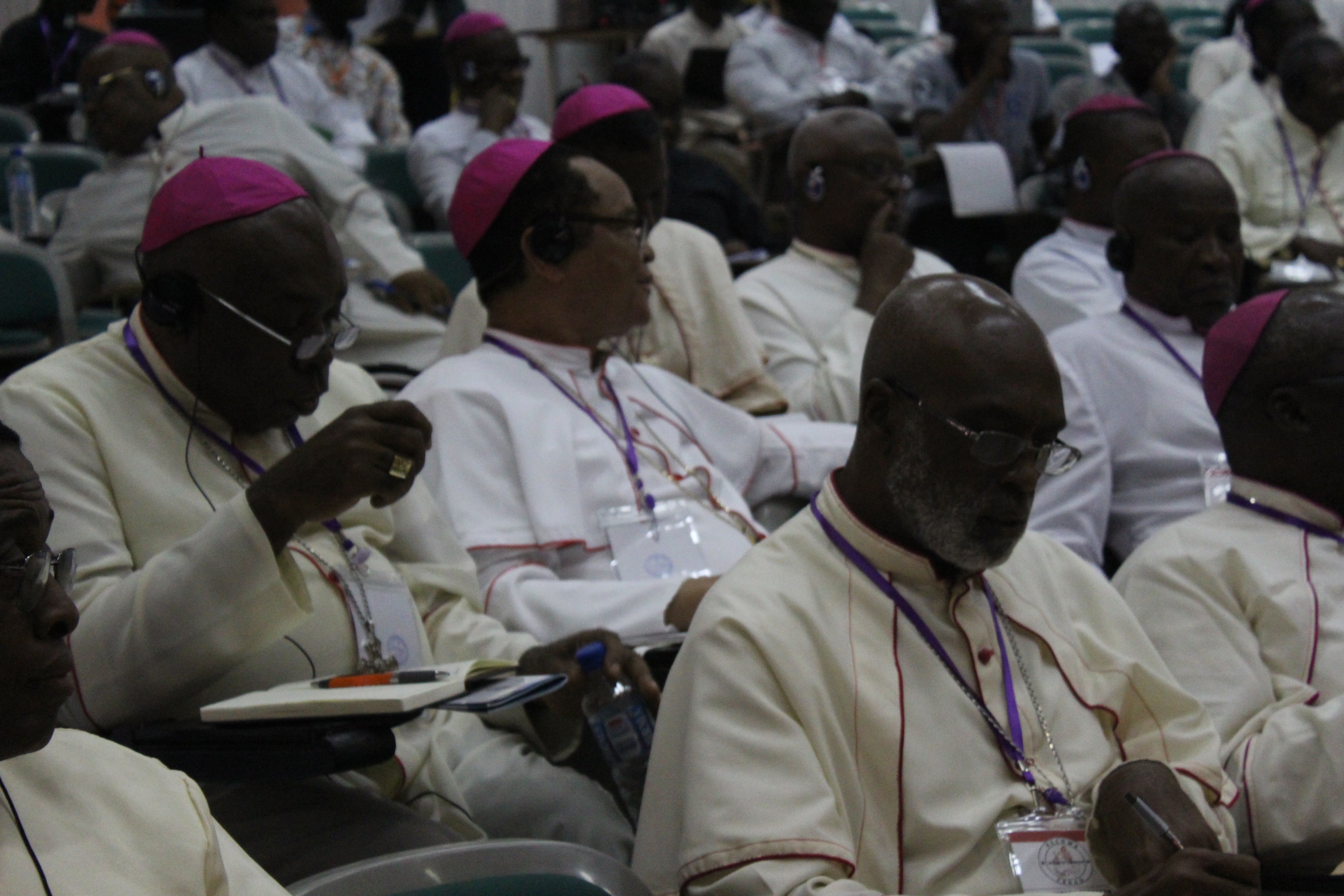June 14, 2024, marks a historic date as Pope Francis attended his first G7 summit. In his speech, reported by the RECOWACERAO NEWS AGENCY (RECONA) correspondent based in the Vatican, the pontiff emphasized the importance of human control over decisions made by artificial intelligence (AI), stressing that human dignity must take precedence in this domain.
Speaking before the gathered world leaders, Pope Francis stated, « In the face of the wonders of machines that seem to make autonomous choices, we must be clear: decision-making must always be human, even in urgent and dramatic contexts. » He warned against a future where human decisions are subordinated to machine choices, insisting that depriving people of the ability to decide their own lives would condemn humanity to a hopeless future.
The Pope also highlighted the necessity of maintaining adequate human control over the decisions made by AI programs, arguing that « human dignity itself depends on it. »
The G7 summit, held from June 13 to 15 in the Apulia region of Italy, addressed various topics, including artificial intelligence, energy, and challenges in Africa and the Mediterranean region. During the opening session on June 14, where Pope Francis spoke, he also held bilateral meetings with several leaders, including Ukrainian President Volodymyr Zelensky and US President Joe Biden.
Describing AI as an « exciting and formidable tool, » Pope Francis asserted that this technology should be used for the common good and to build a better future. He called for shared responsibility, specifying that while the use of AI is up to individuals, it is up to policymakers to create conditions conducive to ethical and beneficial use of these technologies.
The Pope’s full speech, distributed to participants, highlighted the complexity of AI as a tool. He warned that just as simple tools of the past shaped human life, today’s complex tools would have an even deeper impact.
Pope Francis urged leaders to reconsider and ban the development of « lethal autonomous weapons. » He stated, « No machine should ever choose to take a human life, » emphasizing the need for increasingly significant and appropriate human control.
In his remarks, the Pope also pointed out specific limitations of AI, particularly in predicting human behavior. He criticized the use of AI in the judicial system and warned against the risks of « generative artificial intelligence, » which could distort the educational process by consolidating errors or preconceived ideas through constant repetition.
Finally, he highlighted the dangers of chatbots and other AI programs that interact with humans in an apparently reassuring manner, reminding everyone that « artificial intelligence is not another human being. »
- CATHOLIC ARCHBISHOP IN GHANA HAILS POPE LEO XIV AS GOD’S GIFT - 23 mai 2025
- POPE LEO XIV TO APPROVE CANONIZATIONS - 22 mai 2025
- THE EVOLUTION OF PAPAL TRANSPORTATION - 20 mai 2025







